I’m absolutely delighted to have Julia Robb as my guest on the blog today.
 Julia and I have never met and we don’t even always see eye to eye on things, but I love her take on life and I am a huge fan of her work.
Julia and I have never met and we don’t even always see eye to eye on things, but I love her take on life and I am a huge fan of her work.
Scalp Mountain was one of the best books I read last year, and I’m not a huge fan of westerns. Her style reminds me of Annie Proulx, spare prose without sentimental or romantic ideas of the American West. If you like Proulx or Cormac McCarthy, you’ll love Julia’s work.
So Julia … tell me something about Julia Robb that no one else knows.
JR: I am convinced the human race is insane.
I was a reporter for twenty years. I once wrote a story exposing a political candidate’s past life, his bankruptcies, various kinds of lies the man told the public and charges filed against him in court.
 The day the story ran, he walked into the news room. We all froze, thinking he was going to start shooting.
The day the story ran, he walked into the news room. We all froze, thinking he was going to start shooting.
Instead, he shook my startled editor’s hand, thanking him for the “great story.” He meant it. A few months later, he went to a public place and shot himself.
On the other hand, human beings can be so good. I was working for a paper in South Texas and they told me to drive around the countryside and report on “the rural poor.” There are a lot of rural poor in South Texas, which is thousands of square miles of creosote, scrubby mesquite trees, scorpions and rattlesnakes but not many people.
 I stopped in Mirando City (population 400) to get a hamburger and started talking to the waiter and restaurant owner and cook (all one person)! He told me a few years earlier the town had been on its last legs, it was running out of water. People were closing up and moving on.
I stopped in Mirando City (population 400) to get a hamburger and started talking to the waiter and restaurant owner and cook (all one person)! He told me a few years earlier the town had been on its last legs, it was running out of water. People were closing up and moving on.
But two brothers who owned a machine supply company, bought out the water company, paid to fix the town wells, then sold the water at cost. They then went to Austin and got a law passed to make it easier for people to buy town lots. They saved that town.
The contrast between human craziness and human goodness fascinates me.
CF. Your writing has been favourably compared to Cormac McCarthy. Not an unflattering comparison! Is he a hero of yours?
JR I believe “All The Pretty Horses” is one of the best American novels, and one of the characters in “Horses,” Jimmy Blevins, is one of the all-time great characters.
 But I have not cared for McCarthy’s other novels because they are so nihilistic. I do not find redemption in McCarthy’s work and that’s one of the qualities I try to insert into all my books. I believe the world is tragic, but I believe situations and people can be redeemed and life would be truly empty and sterile if that weren’t true.
But I have not cared for McCarthy’s other novels because they are so nihilistic. I do not find redemption in McCarthy’s work and that’s one of the qualities I try to insert into all my books. I believe the world is tragic, but I believe situations and people can be redeemed and life would be truly empty and sterile if that weren’t true.
CF. With so many women writing contemporary romance, you stand out from the crowd with tough, gritty novels about Texas. You’re invading Annie Proulx territory and you do it so well. Where do you find your inspiration?
JR Writers pull from their unconscious and we don’t necessarily know where we get the stories. That said, I have lived in South Texas, where “Saint of the Burning Heart” is set and many of the people and situations in the book are based on people and situations I observed there.
 I was on the scene when the “patron” system was dying - it’s also based on the conflict between Anglos and Hispanics that raged in Texas for a generation. As for Nicki, who will not give up on making Frank Kendell love her again … maybe that came from my personal life.
I was on the scene when the “patron” system was dying - it’s also based on the conflict between Anglos and Hispanics that raged in Texas for a generation. As for Nicki, who will not give up on making Frank Kendell love her again … maybe that came from my personal life.
“Del Norte” happened because I got fascinated with Civil War POW camps and began wondering how that experience would affect both the prisoners and their jailers. And since everyone already knows about Andersonville, the Confederate camp for Union prisoners, I set mine in Elmira, the Union camp for Confederate prisoners.
As for Scalp, I grew up in West Texas, where the West and the Indian Wars are still real to people.
CF I remember reading an excerpt from Scalp Mountain about your character, Lohman. He’s not the hero of the novel but he intrigued me straight away, so I went on to Amazon and bought the book. A fascinating portrayal - who inspired him?
 JR I can honestly say I have no idea where Lohman came from, but I learned to love him; his passion and secret bitterness, his debonair manner, his culture, self-possession and good looks. He’s an educated man among uneducated people. But, I also have so much compassion for him.
JR I can honestly say I have no idea where Lohman came from, but I learned to love him; his passion and secret bitterness, his debonair manner, his culture, self-possession and good looks. He’s an educated man among uneducated people. But, I also have so much compassion for him.
What would it be like to be sexually fixated on another man in the nineteenth century west? Not good. He’s a tragic man. He could have done and been so much, but he has a problem.
CF. They say all novels have a pivotal point where the reader just can’t put the book down. Where is that point in Scalp Mountain and Saint of the Burning Heart?
JR Readers tell me they can’t put Scalp down after Jose Otero kidnaps Clementine.
I personally got most involved in the scenes between Lohman and Colum; especially when they’re alone together at the Rio Grande River with a fretful baby, and when they come back and take bathes and wear new clothes so they’ll be clean when they fight to the death.
I also enjoyed writing about Henry’s Texas Ranger career. Henry is an interesting combination of deadliness and sweetness.
CF And right from left field: what’s your idea of a fun Saturday night?
 JR I’m an extremist. I would ideally begin Saturday night on Saturday morning by riding bicycles with a friend, then going to a good Thai restaurant for lunch, playing poker or forty-two all afternoon (forty-two is a Texas domino game), then going to a movie and then go out dancing. Whoopee.
JR I’m an extremist. I would ideally begin Saturday night on Saturday morning by riding bicycles with a friend, then going to a good Thai restaurant for lunch, playing poker or forty-two all afternoon (forty-two is a Texas domino game), then going to a movie and then go out dancing. Whoopee.
CF. You have been invited to a luncheon to talk about the publishing industry. How would you start?
JR The publishing industry is so screwed up it’s going to take years to fix it. The industry is mostly owned by overseas’ companies who don’t understand Americans and who refuse to innovate, who pay authors almost nothing for their work, who take forever just to get a book out, who refuse to see the problems and insist on blaming them on Amazon rather than themselves.
 The good news is, these problems will eventually be fixed because these companies will go out of business and new companies will take over the industry and those new companies will provide the innovation for both hard copy books and e-books.
The good news is, these problems will eventually be fixed because these companies will go out of business and new companies will take over the industry and those new companies will provide the innovation for both hard copy books and e-books.
Also, I hate to mention it, but our culture depends on hard copy publishers staying in business. The only way classics are preserved is through multiple printings. “The Great Gatsby” alone has been printed dozens of times.
We have no guarantee technology will last forever. What’s going to happen if the lights go out? We need books we can hold in our hands (and this is from a writer who, so far, can only be found on your kindle).
CF If you want to take a closer look at Julia’s work, her website is here, you can find her here on Facebook and you’ll find her on Amazon too - before the lights go out - here’s Saint of the Burning Heart, Del Norte and Scalp Mountain.
Thanks Julia!


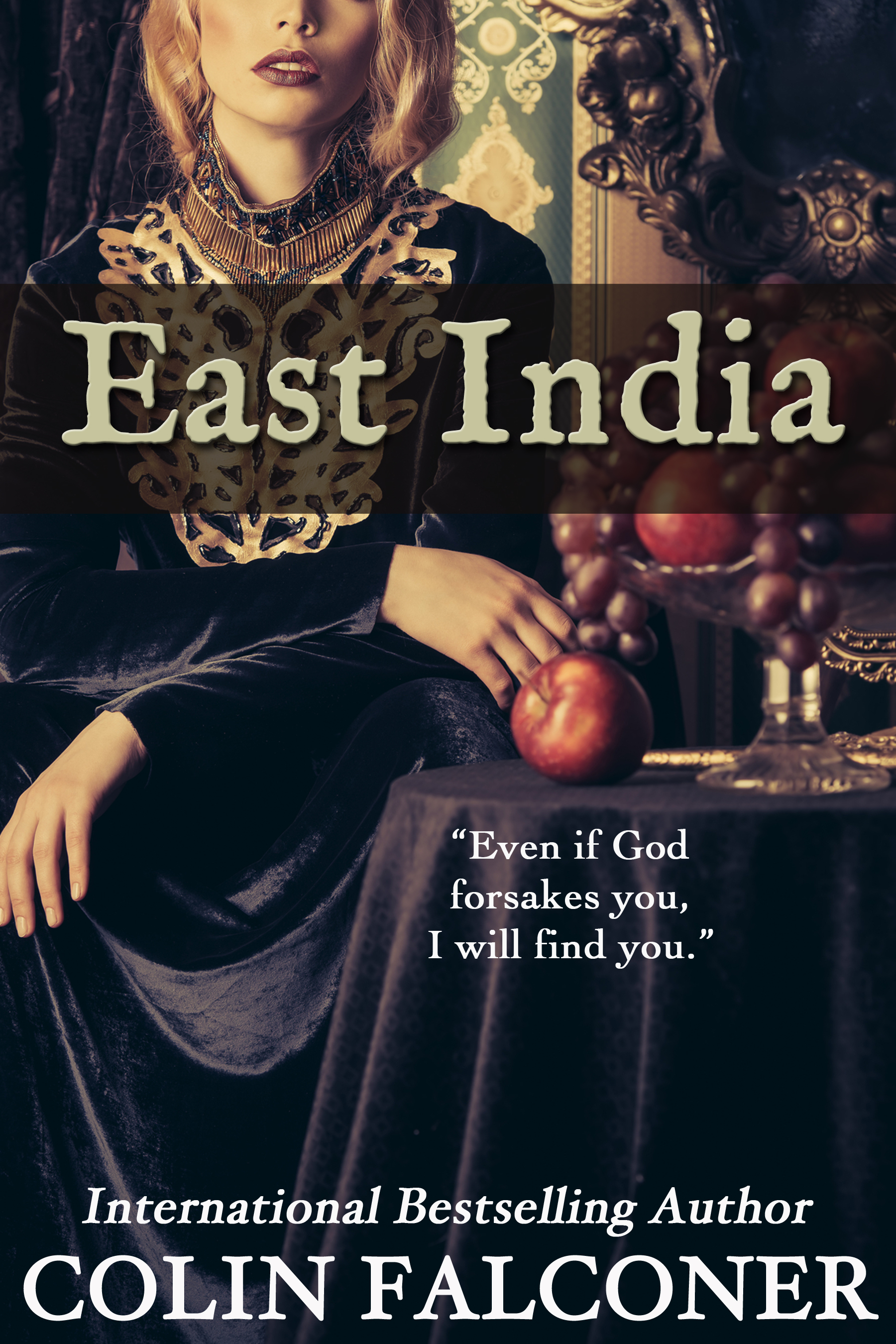
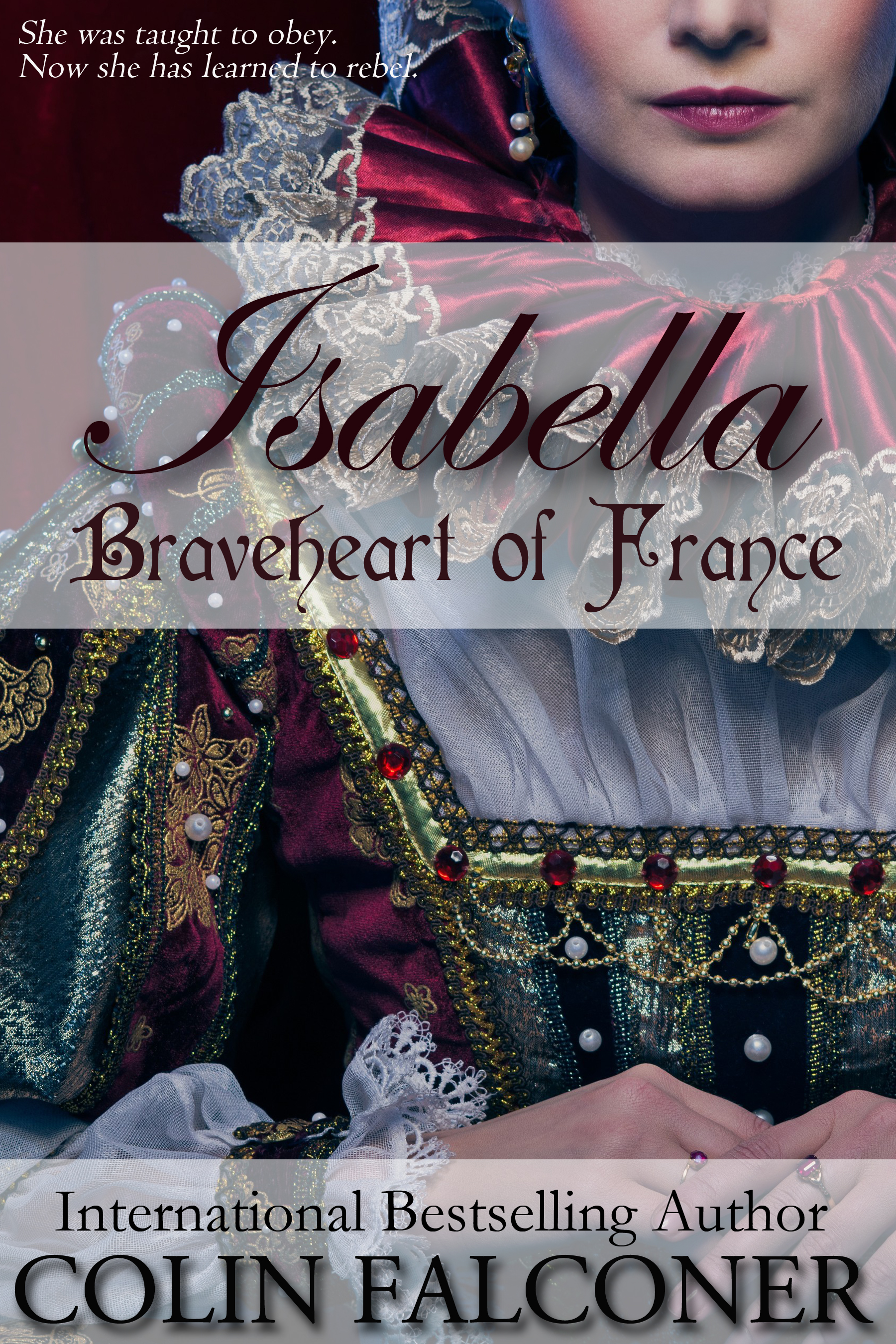
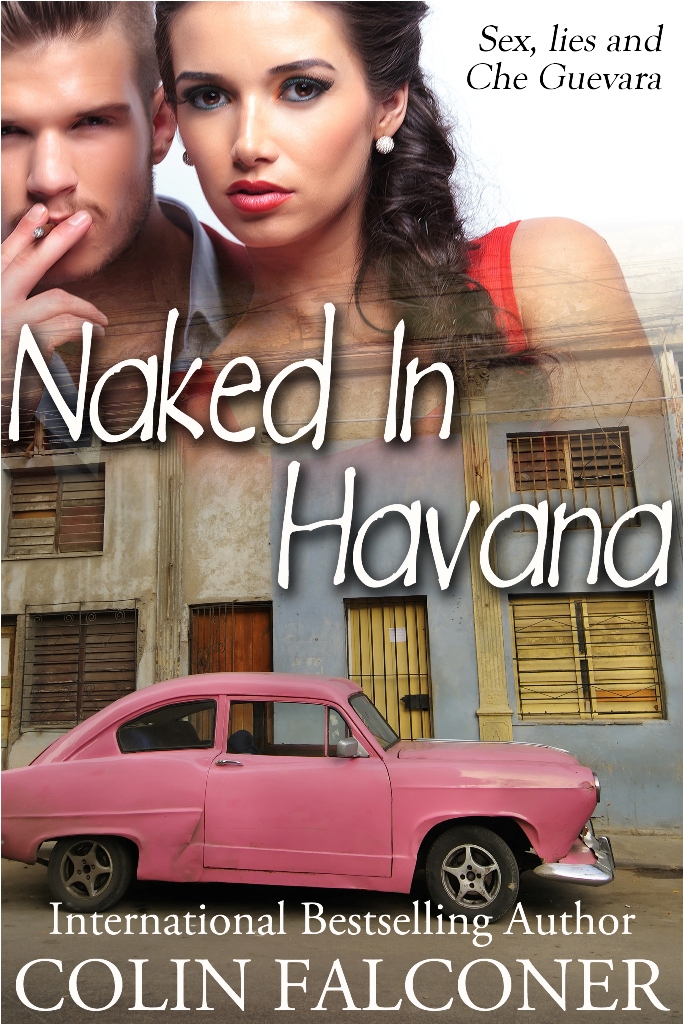
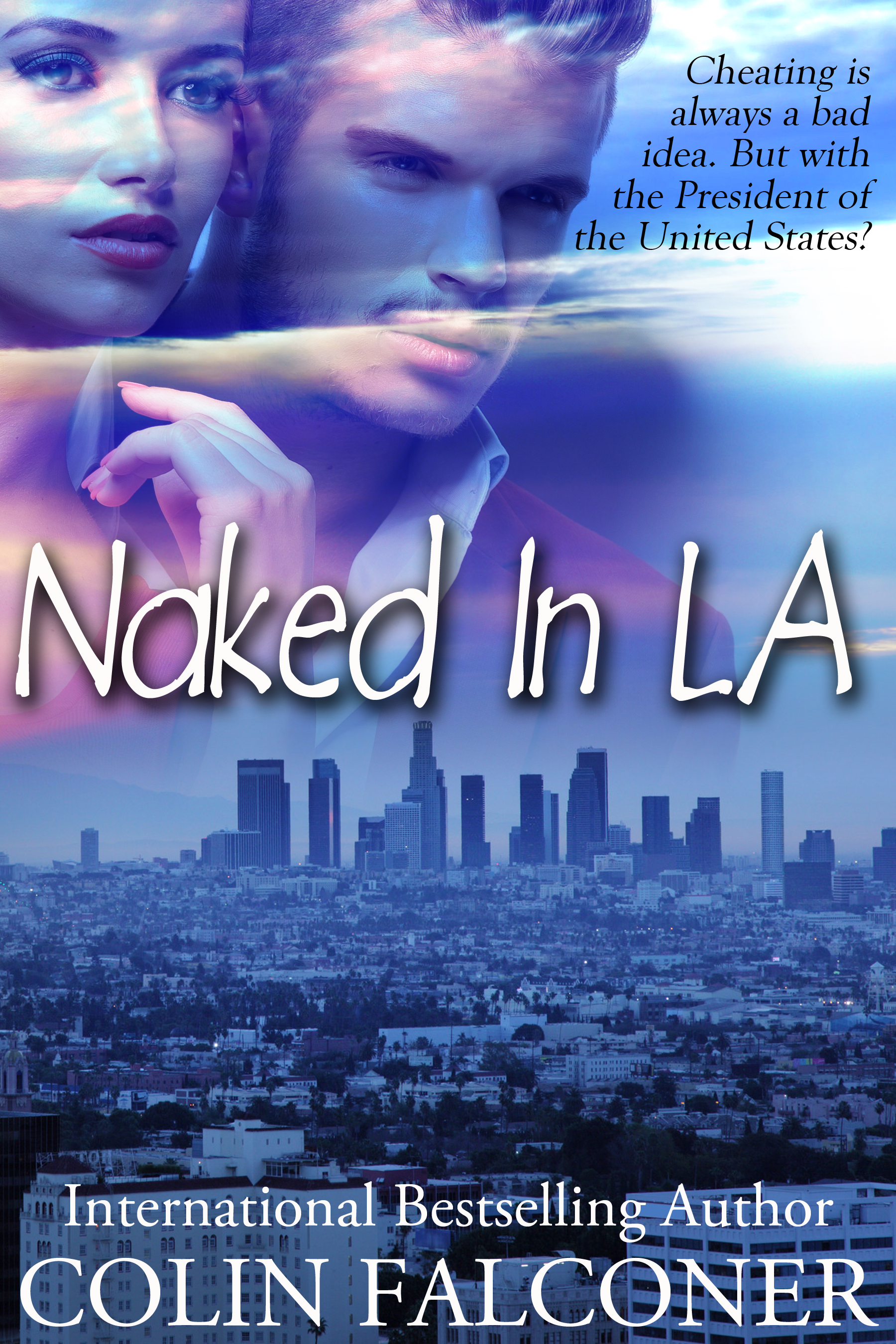
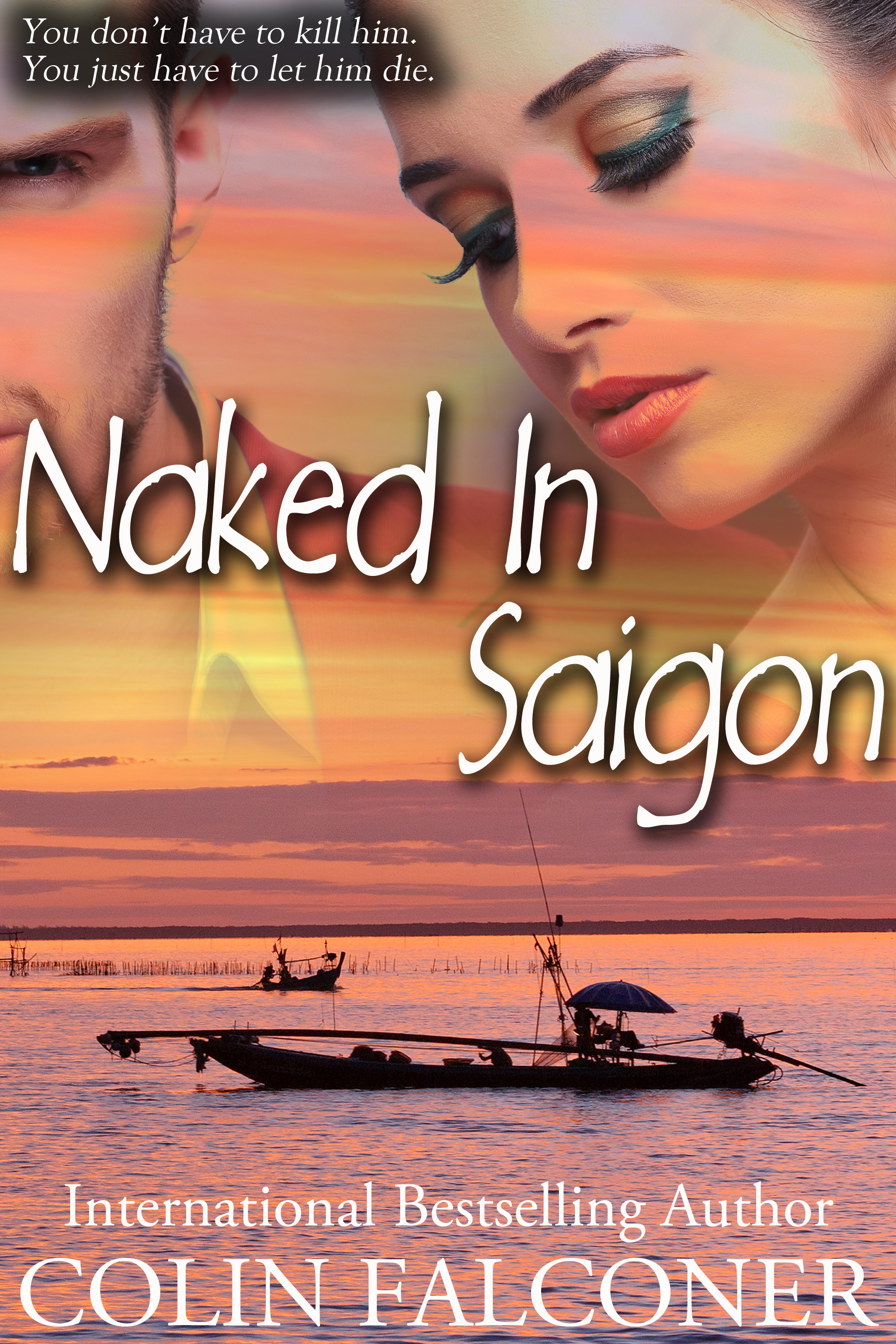
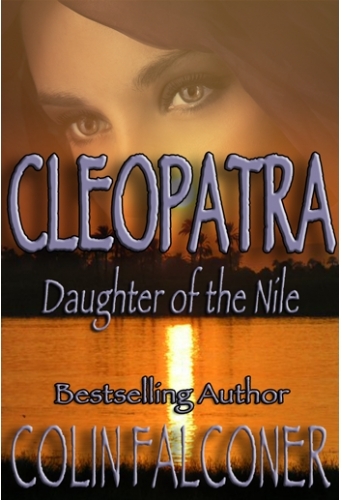
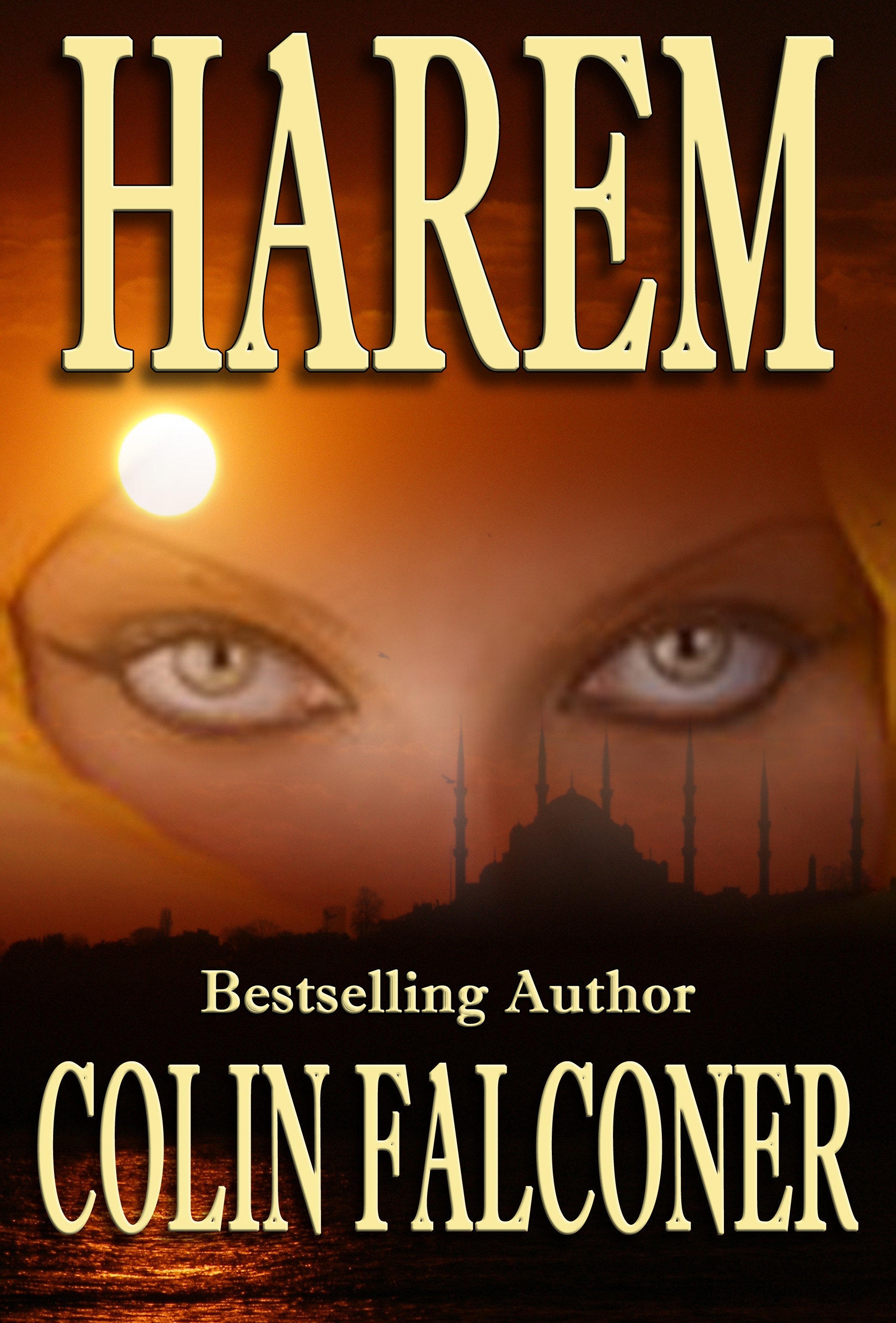
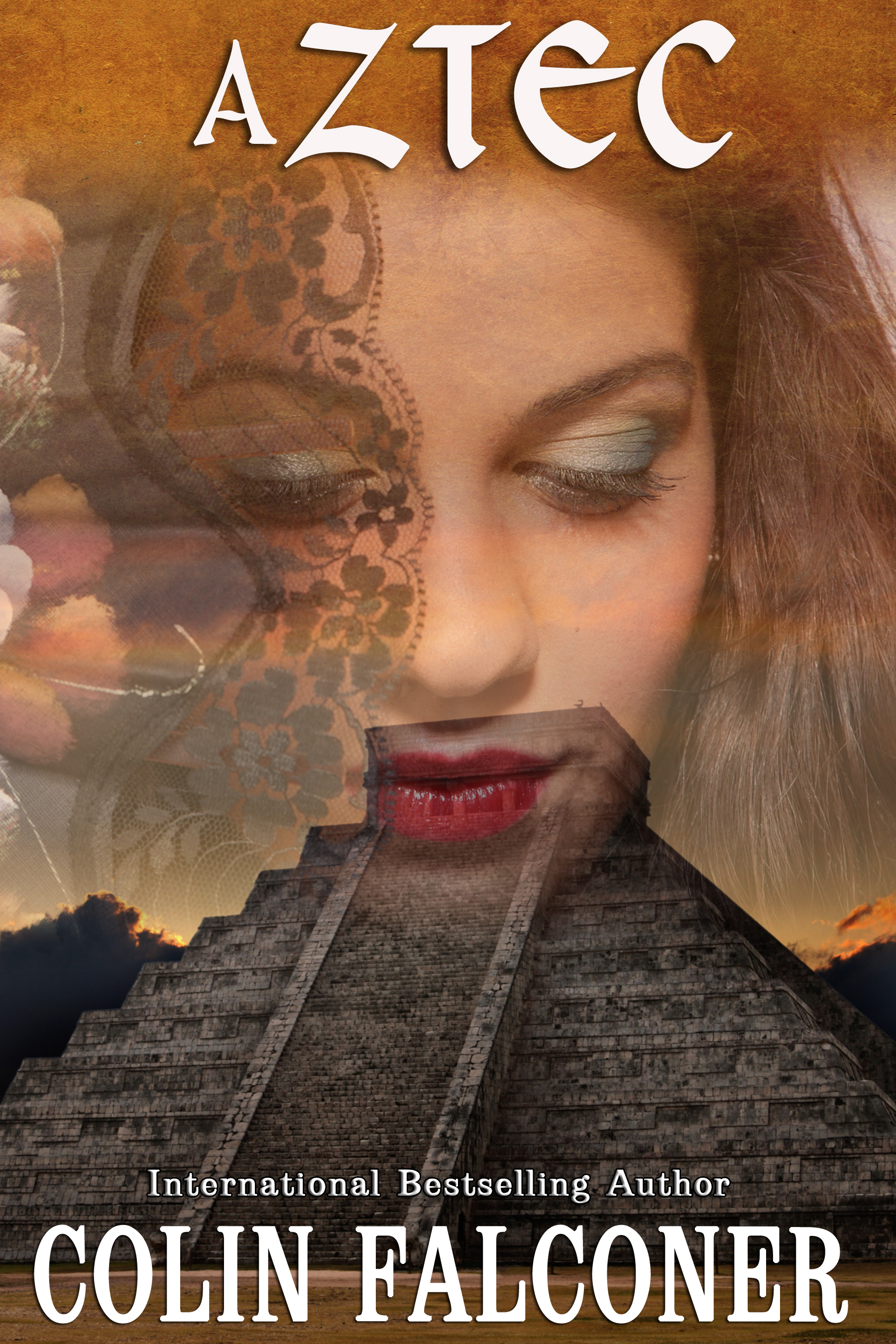
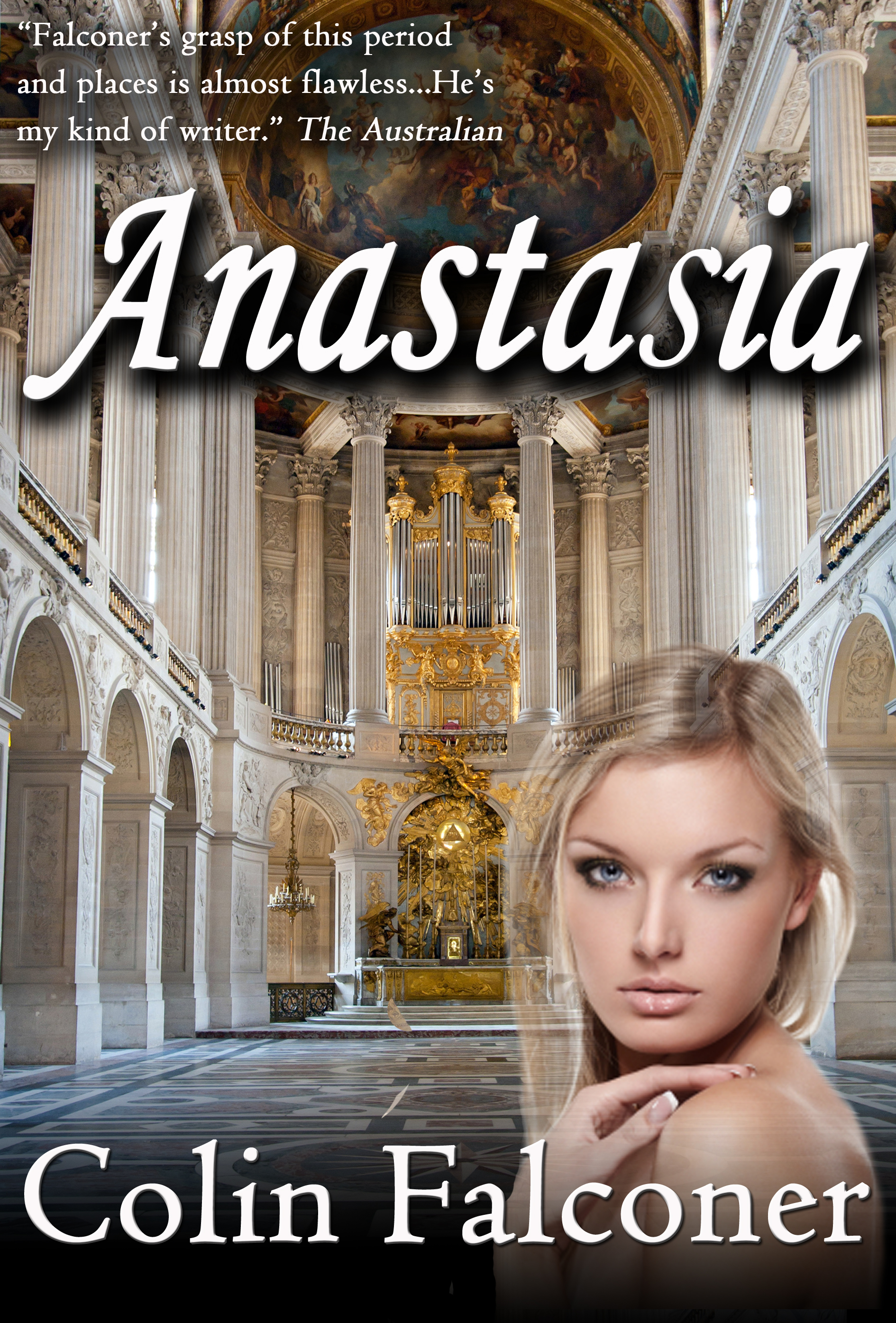
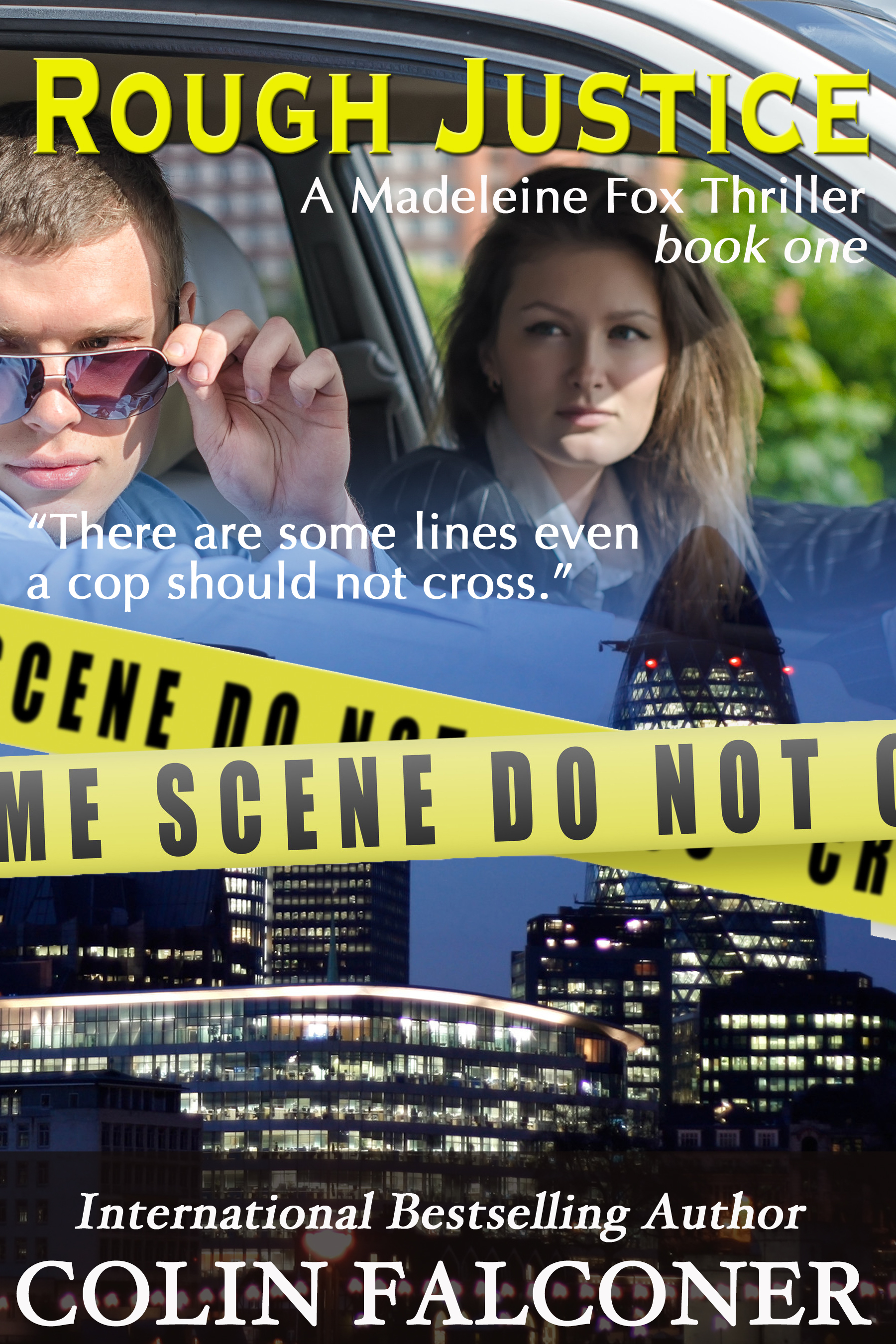
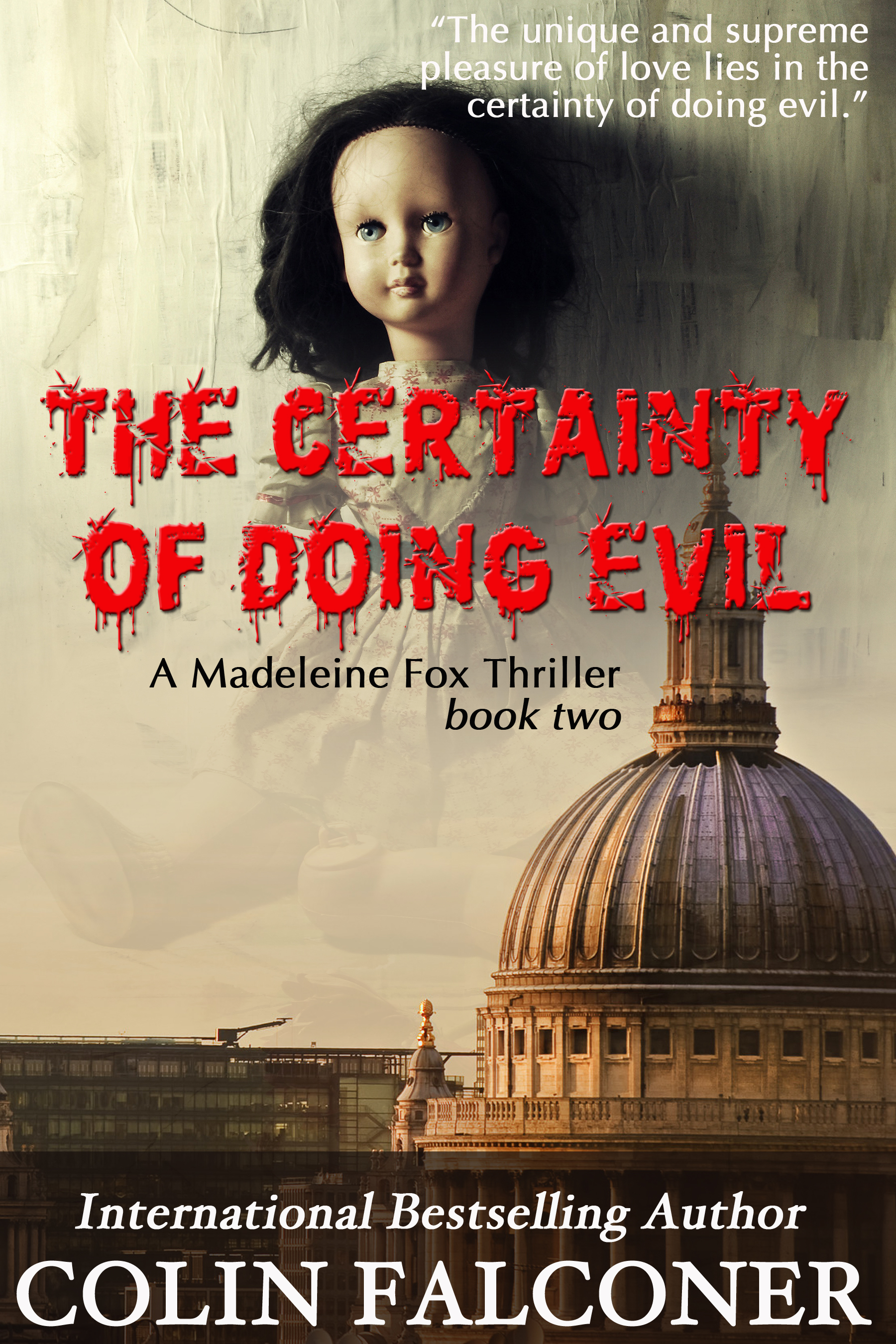
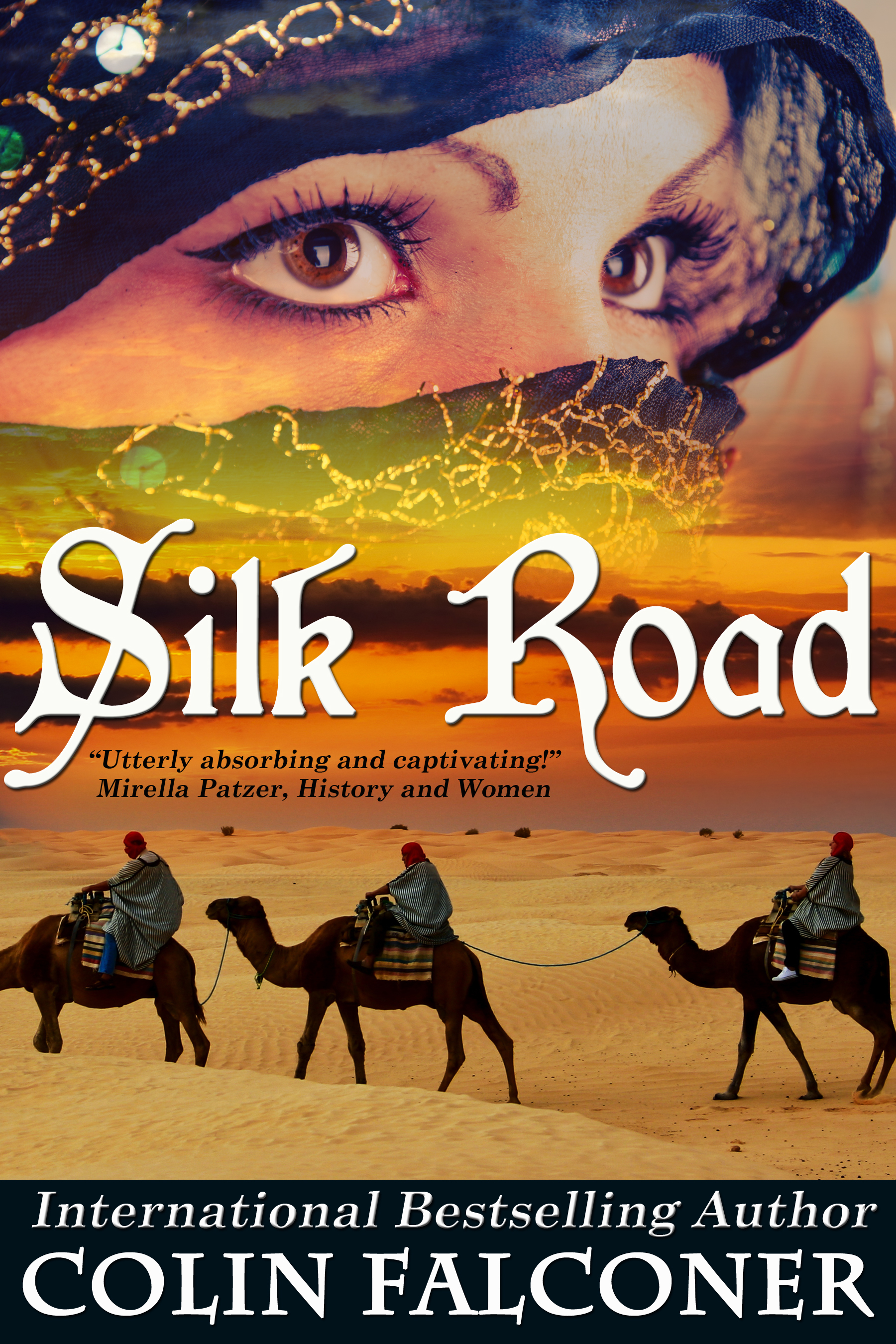
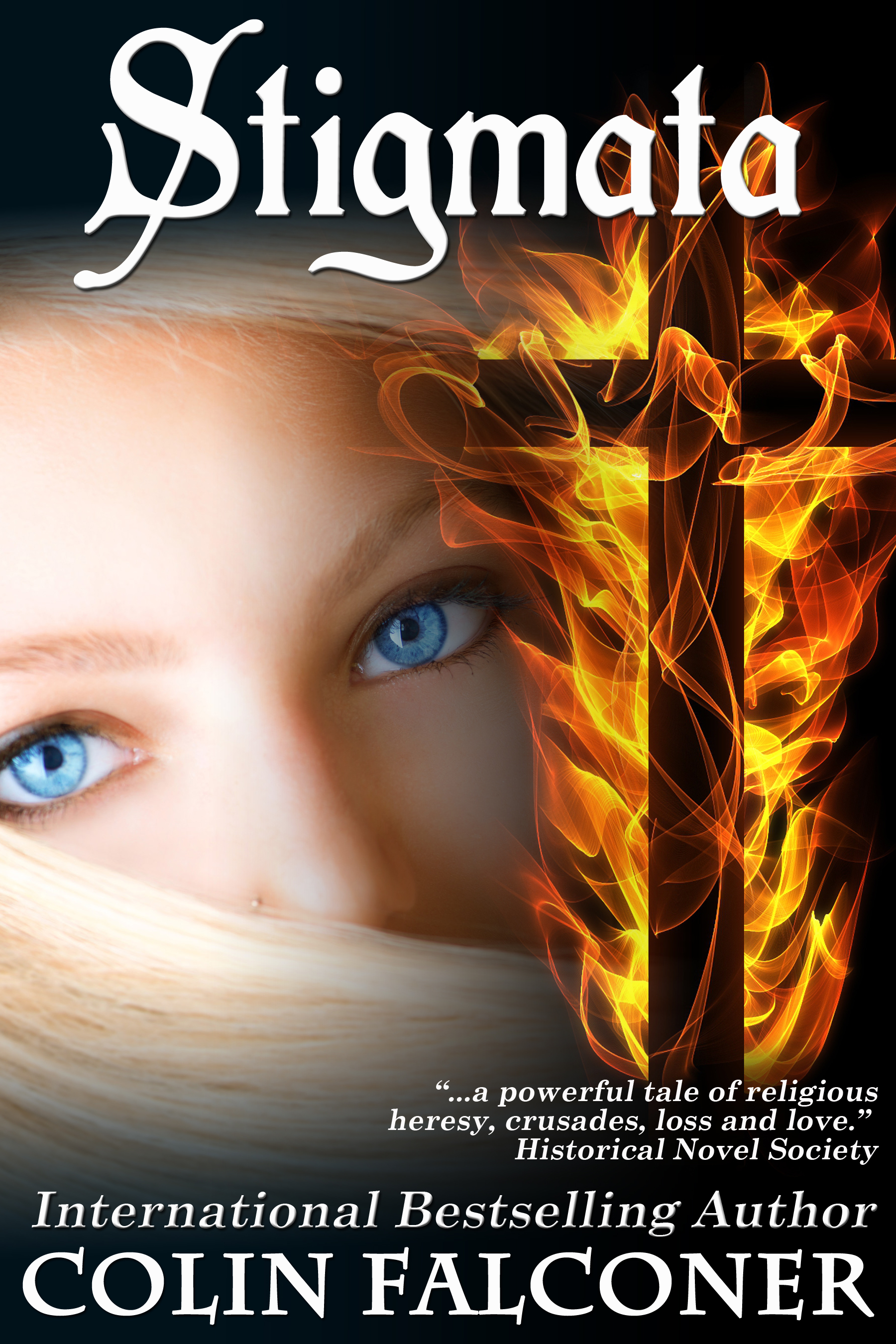
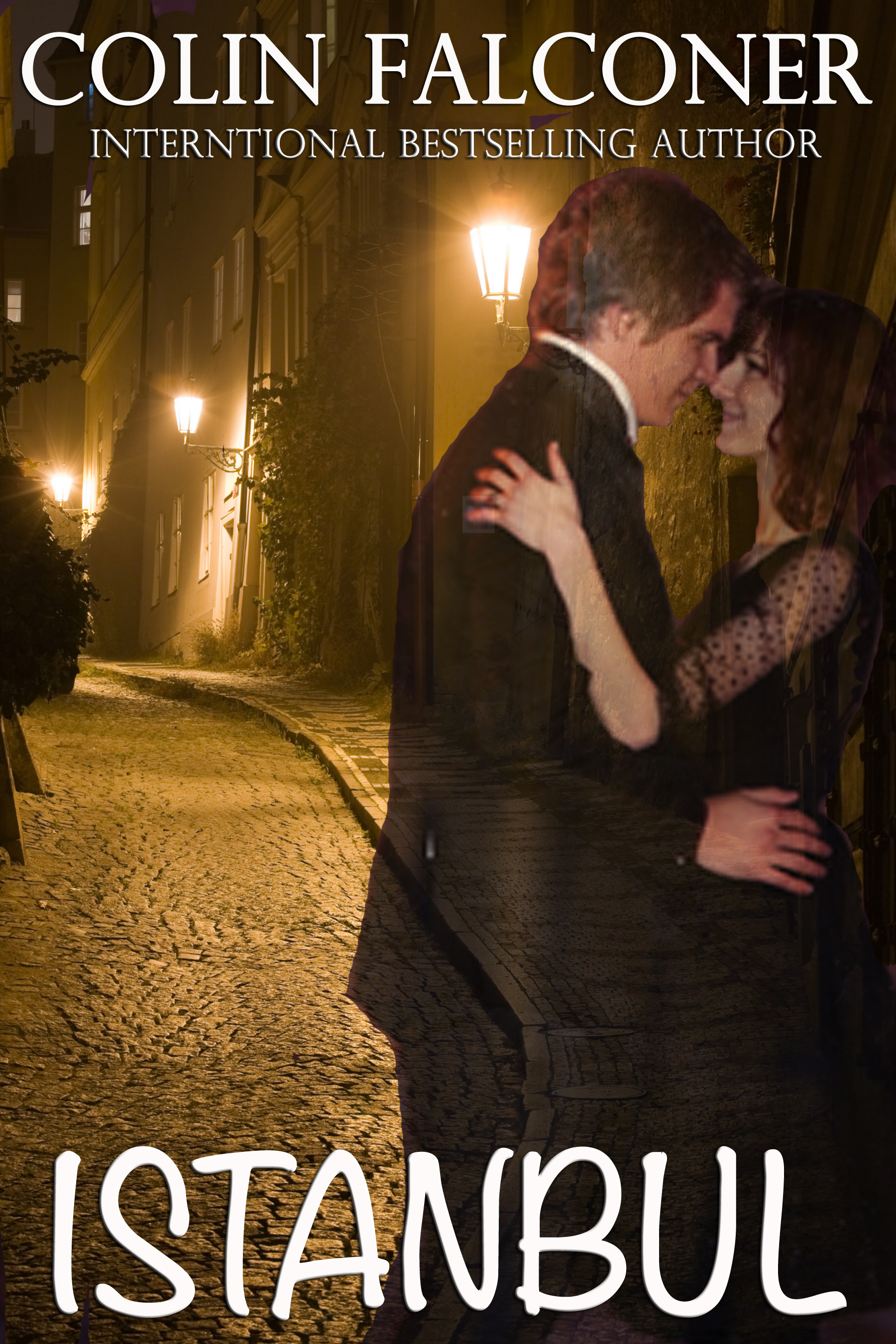

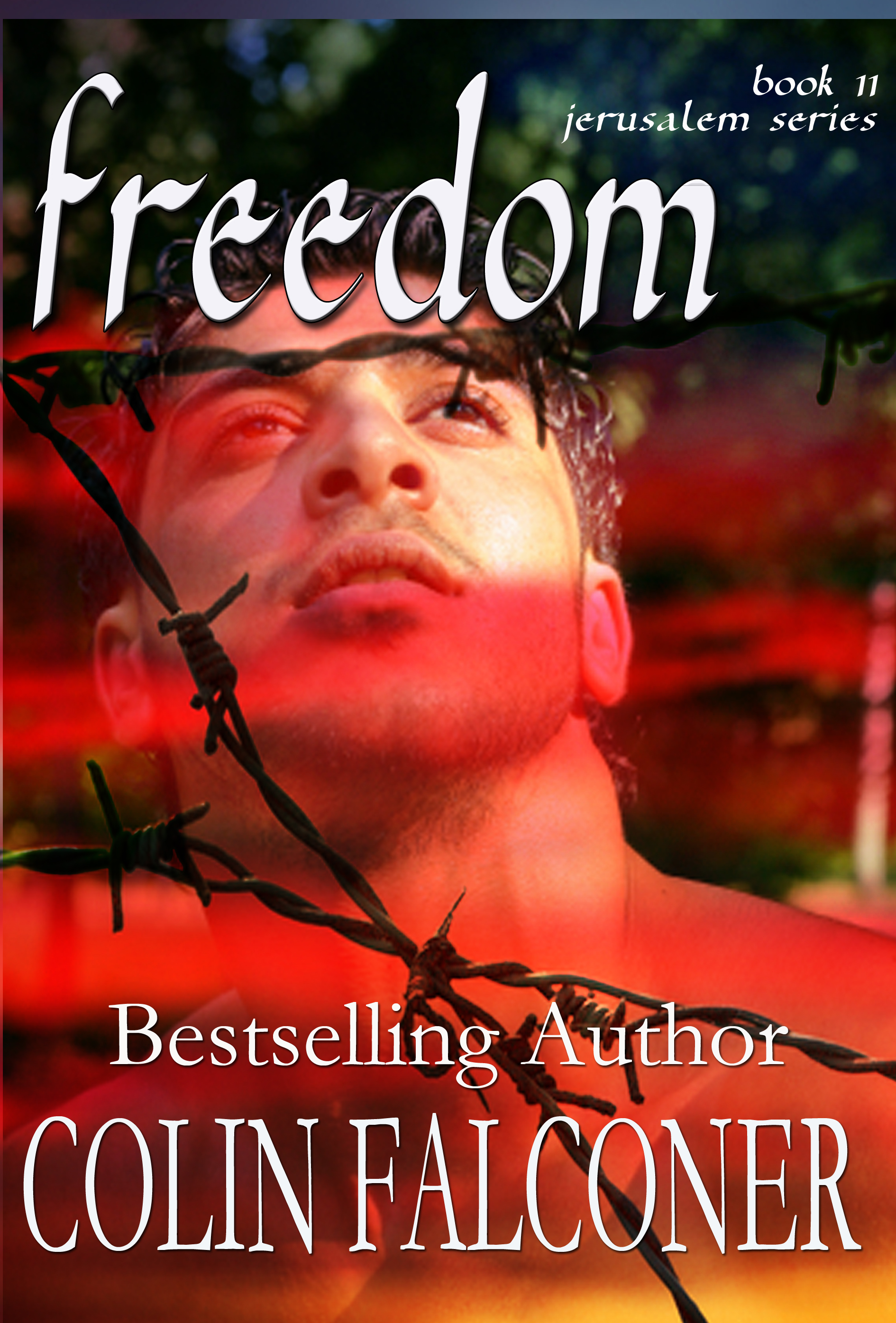


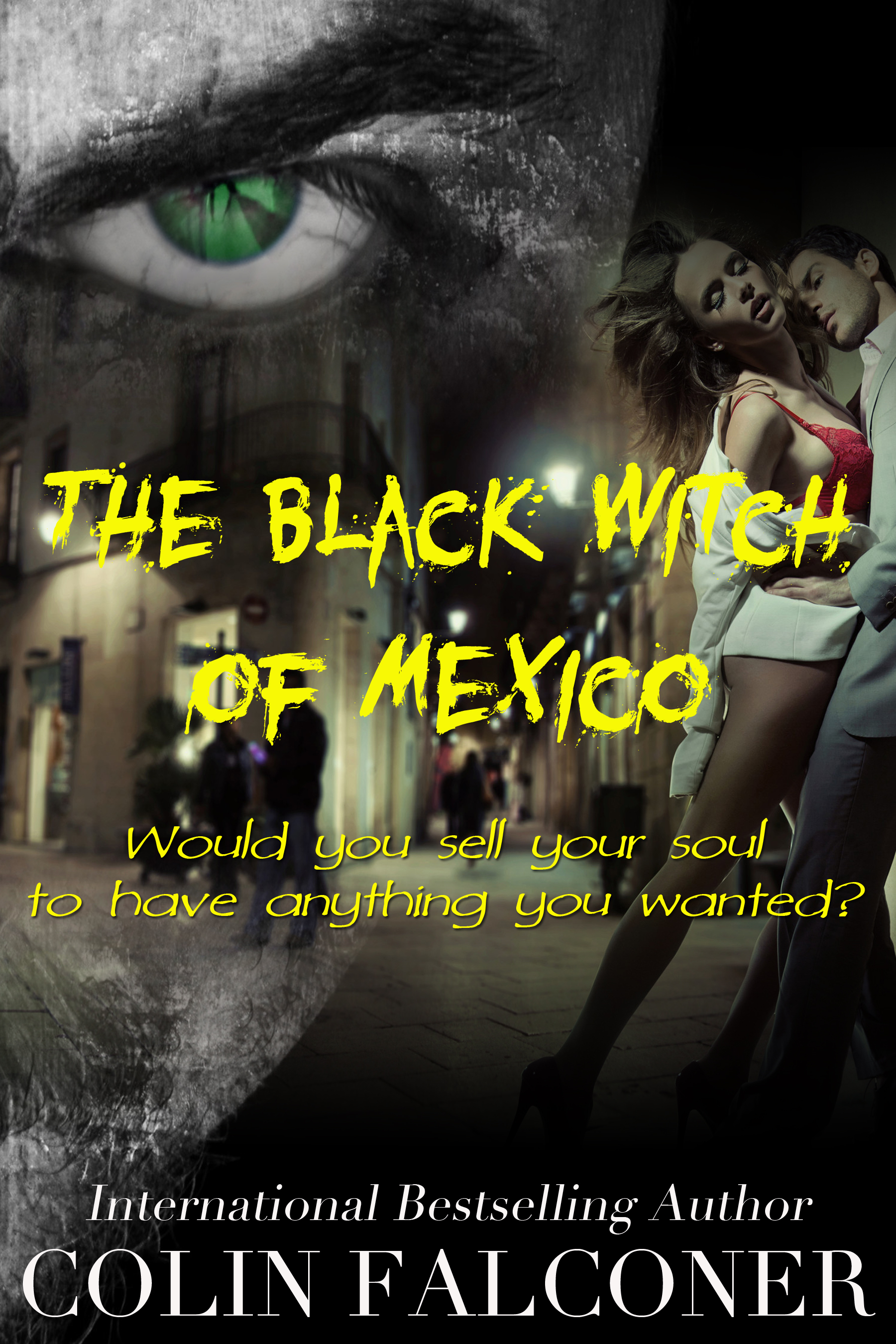

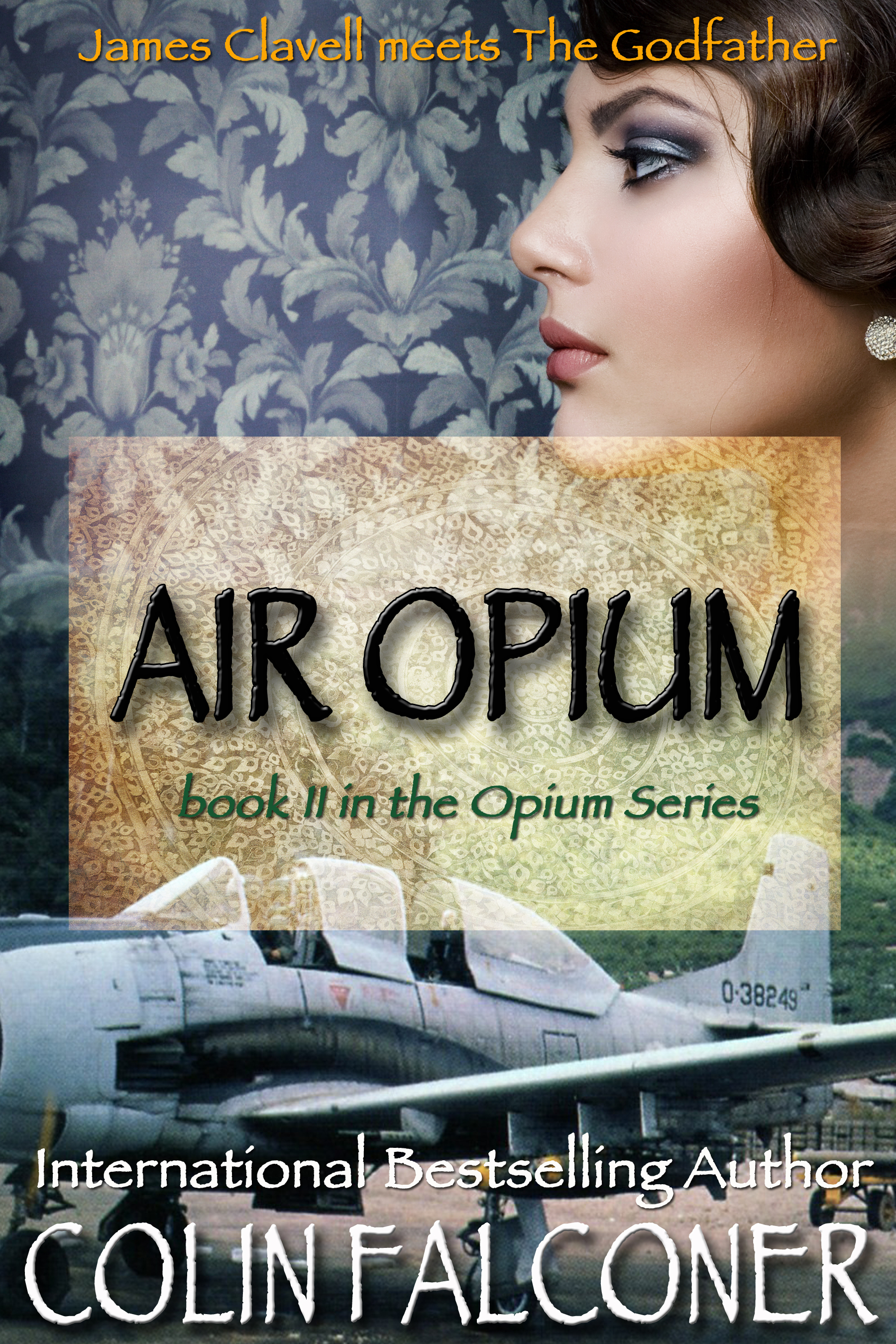
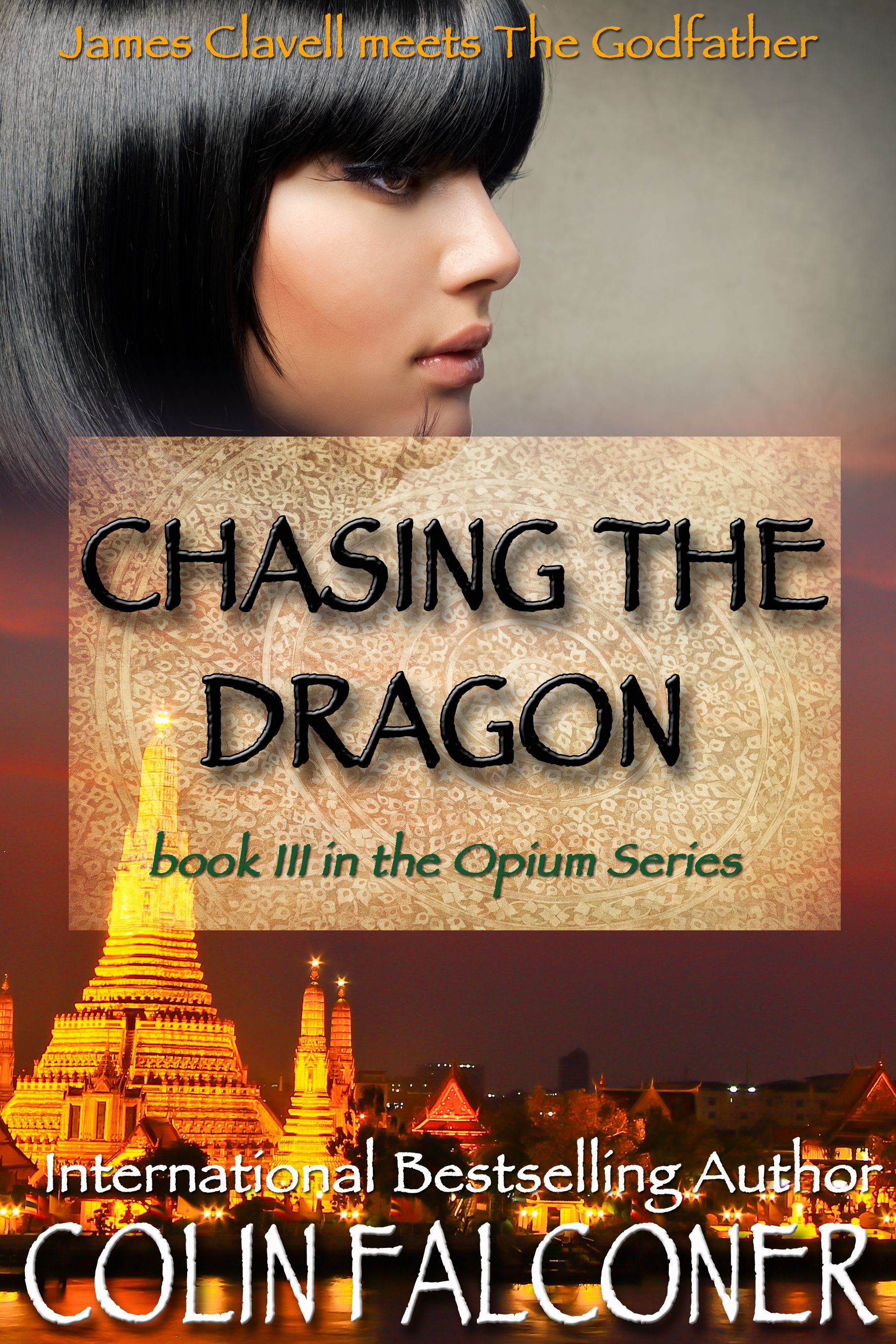
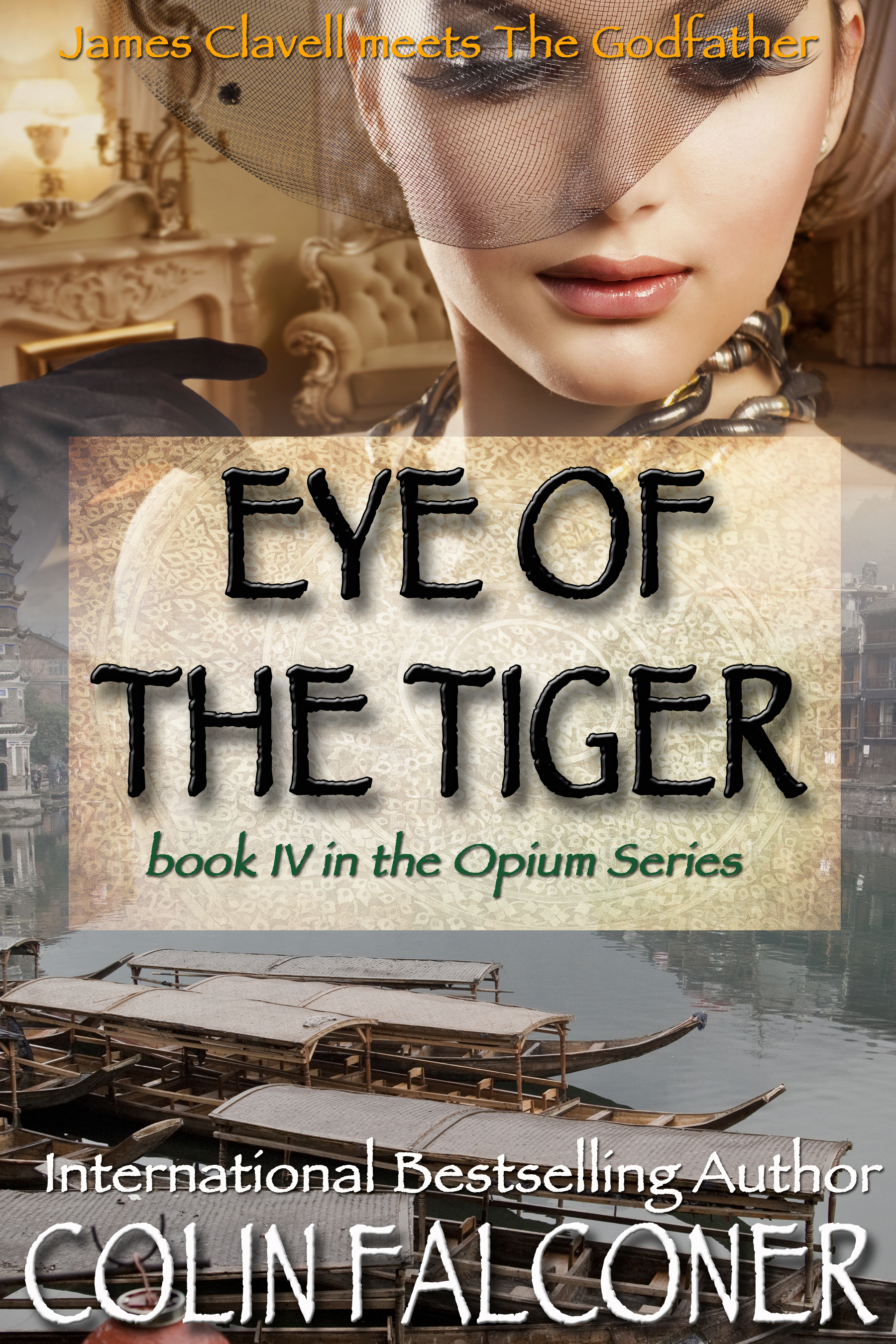
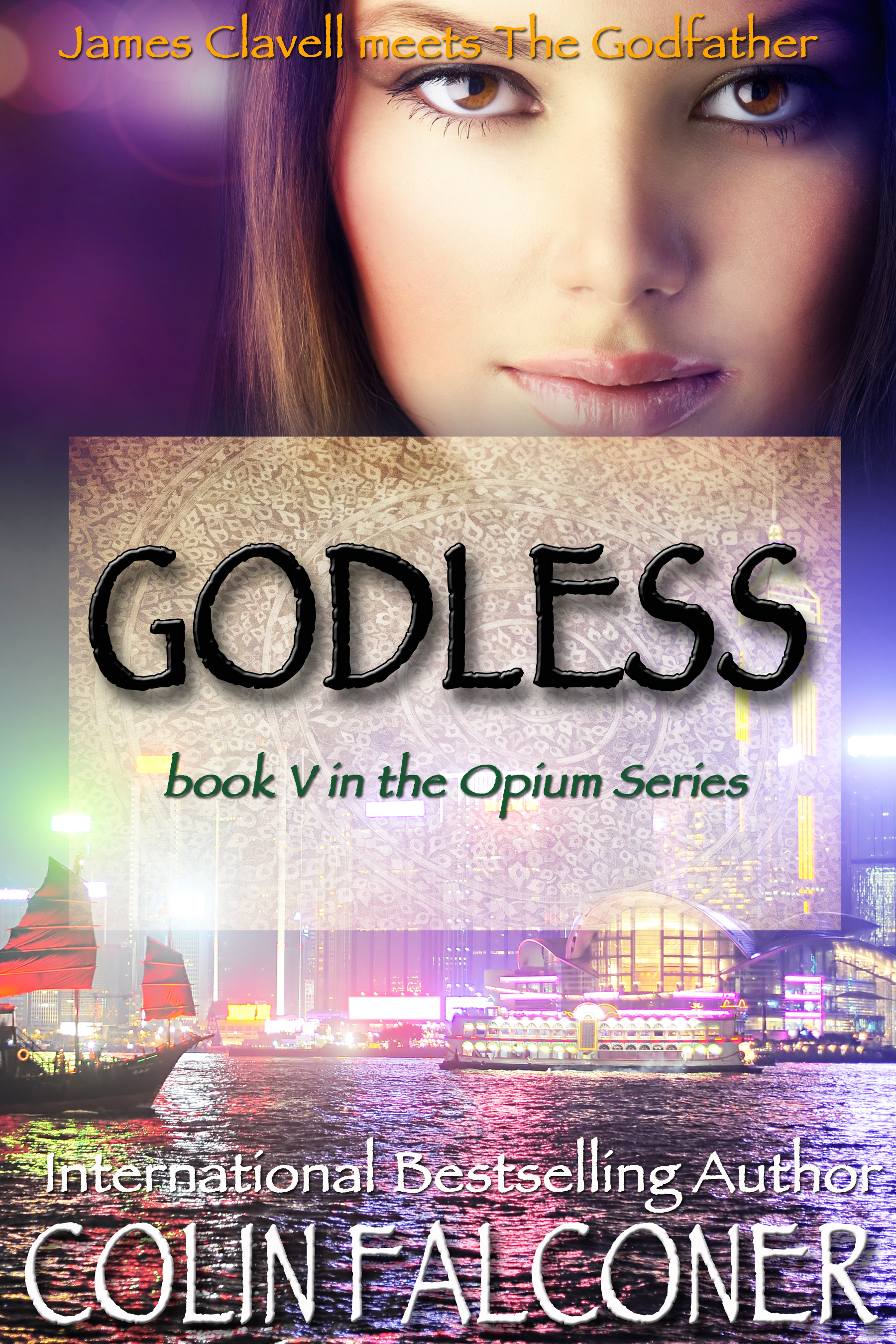
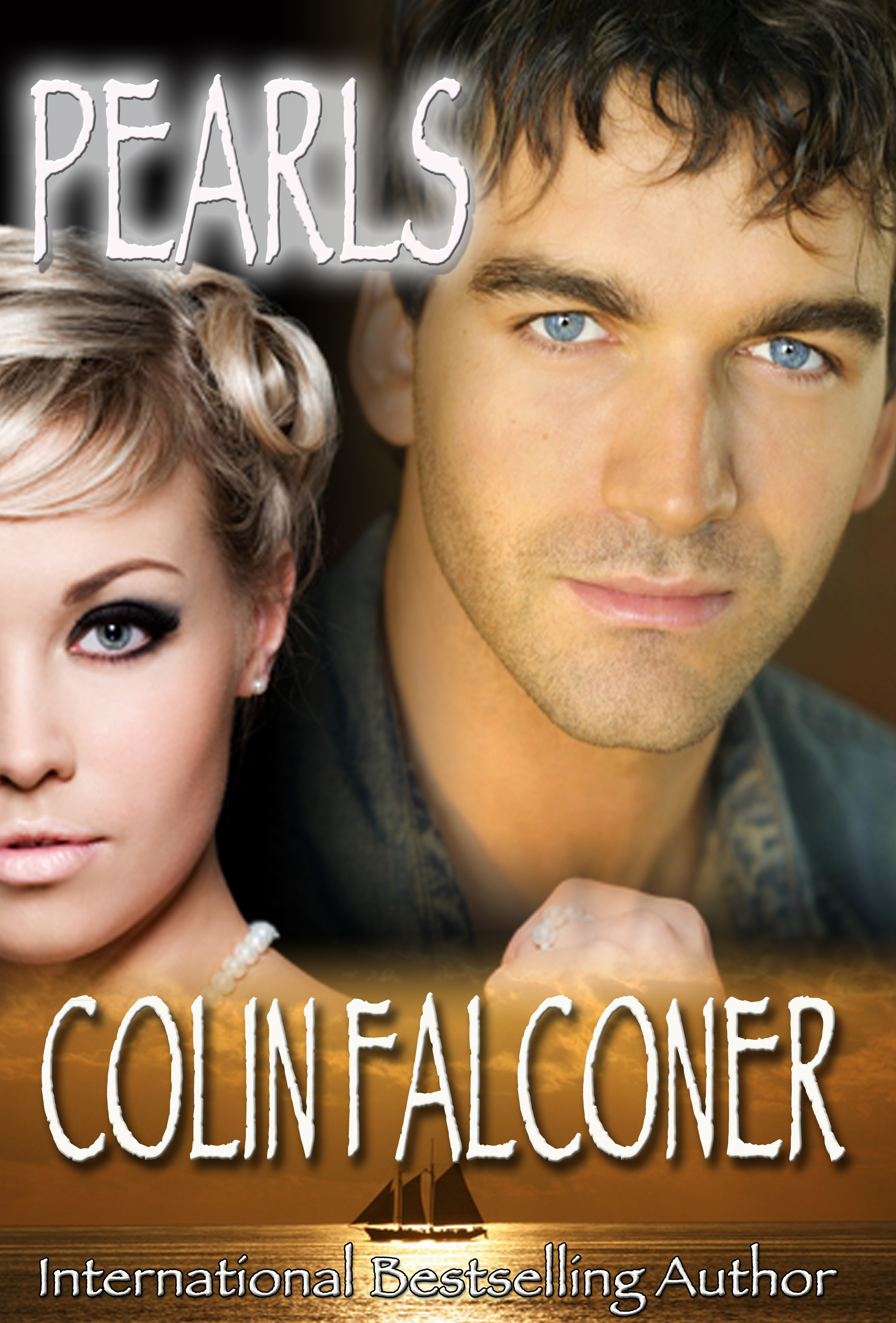

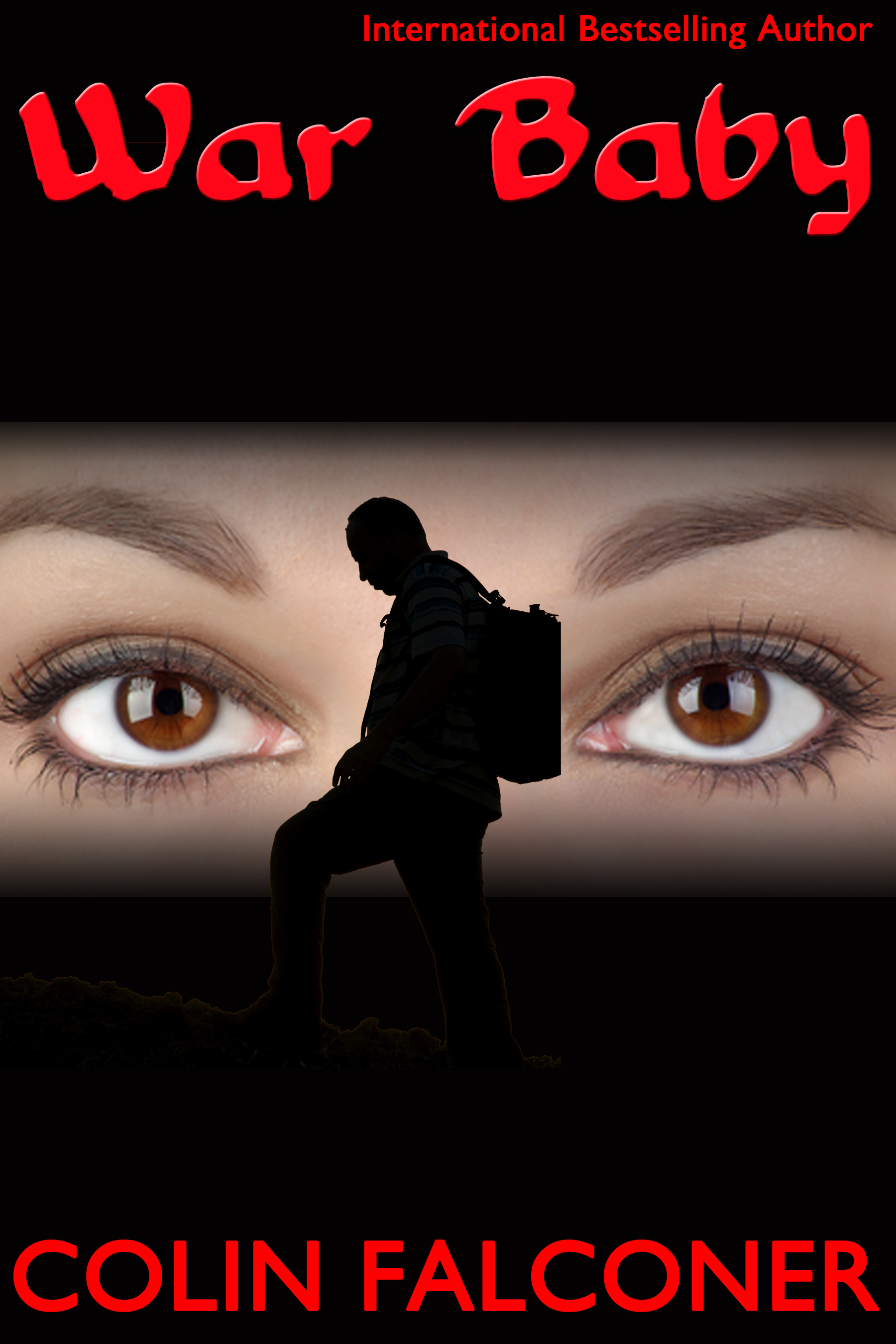
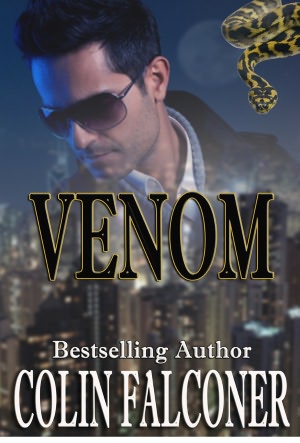
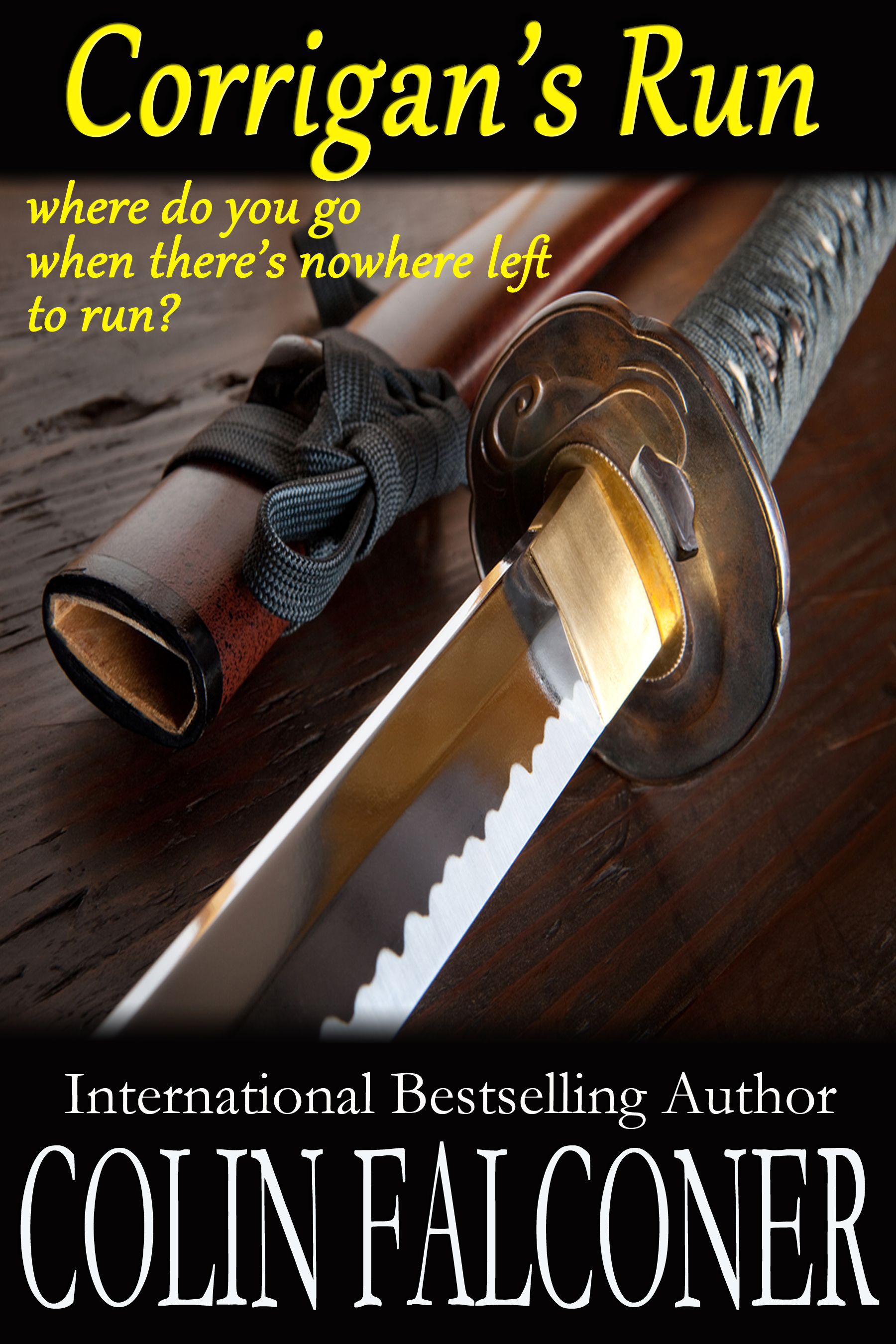
Enjoyed the interview. Julia is a wonderful lady (fellow Texan), great author, and I love the historical tidbits and artworks she always posts on her Facebook page. Thanks, Colin… Good Luck and all the best to both of you.
Regards,
Glenn
I love her work too Glenn - she’s a good writer and her books are really different. I was rapt to guest her on the blog.
Thank you Colin for having Julia on your blog. I love to learn more about my favorite authors and people. Julia is one of both. I have read two of her novels and have another in the Que. Her writing paints such a beautiful portrait of life in the West.
Julia is also a lovely and giving person.
It was a pleasure having her on the blog. I just hope more people read her books - she has a special talent.
Great interview. I would expect no less from you Colin and now I am favored by truly getting a sense of Julia, thanks to you and her. Most interesting and I’m keen to read her books. An intelligent exchange, not often seen these days. Thank you.
Thank you, Cristina - I always enjoy Julia’s forthright views on things. And you must read Scalp Mountain! (And sorry for the late reply, I’ve been away, in a land far, far from the Internet and hot water.)